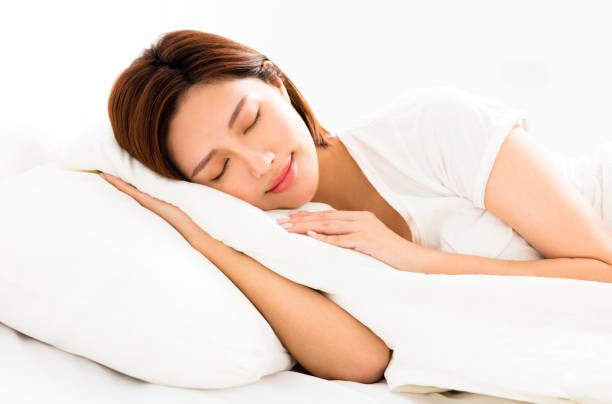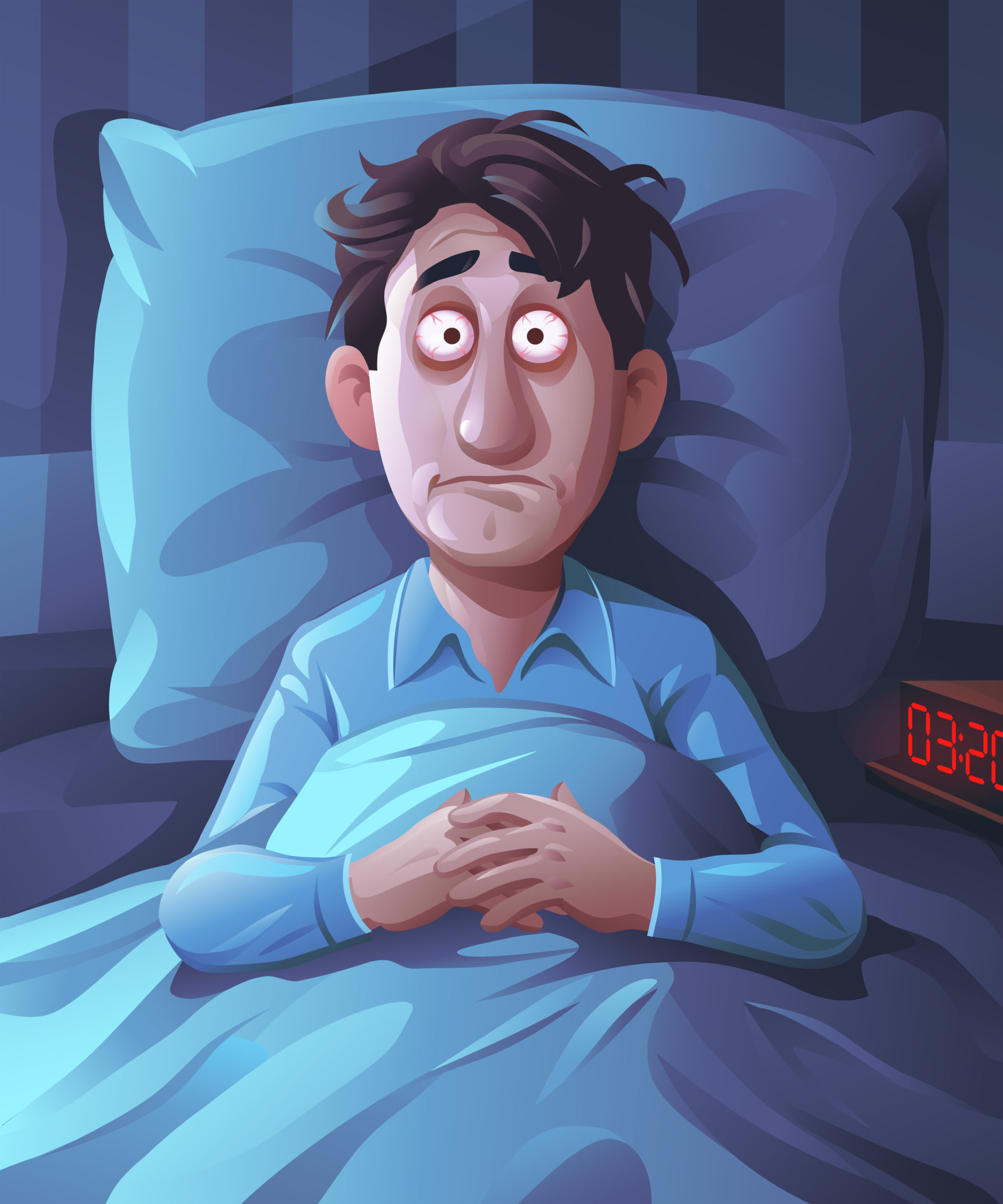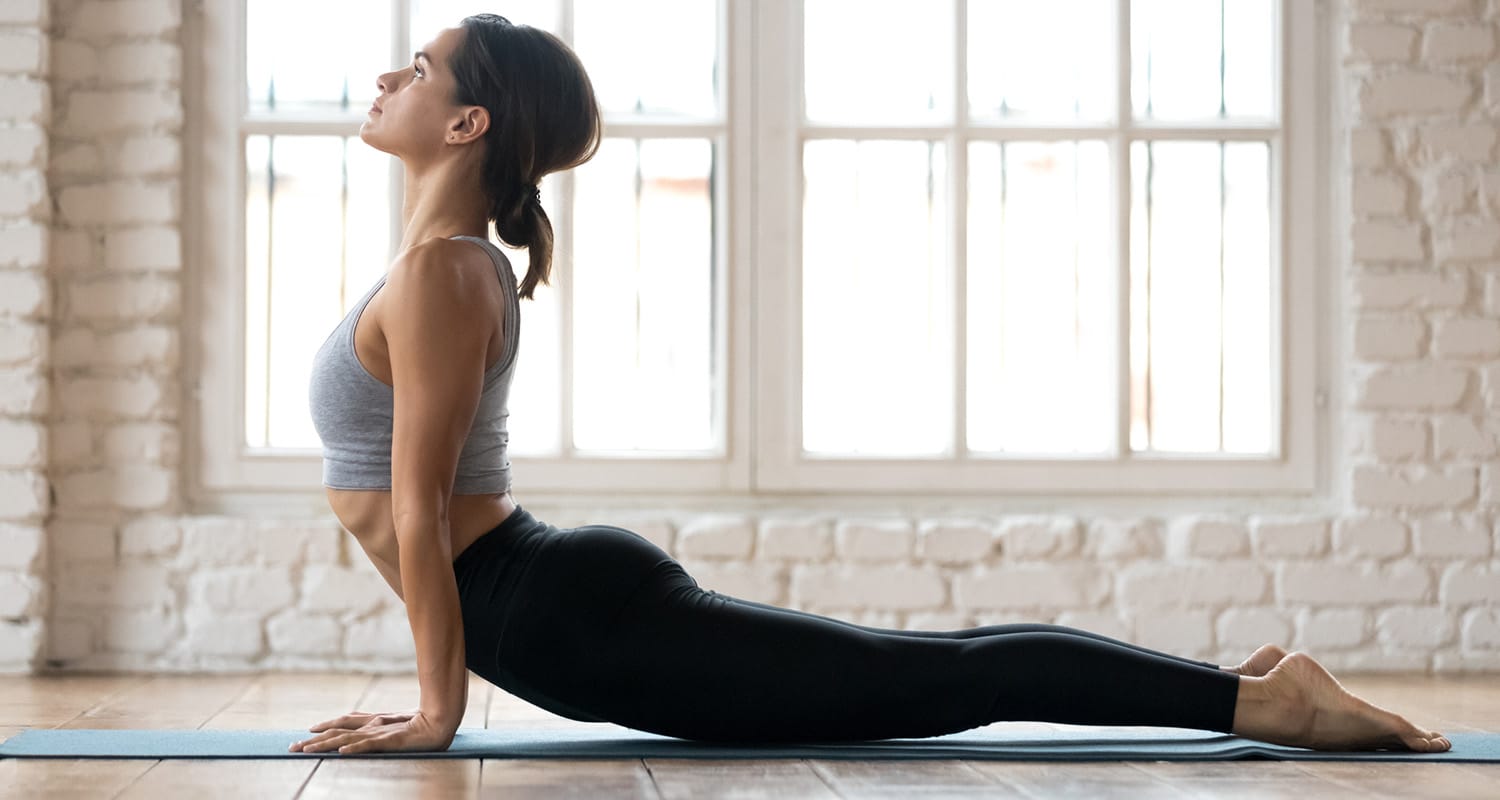Physiologically, getting enough sleep and logging regular exercise play a major role in keeping stress in check.

More and more evidence shows these simple solutions really do work.
Stress is complicated. It’s the result of physiological chemical reactions that take place in our bodies, as well as the intangible emotional responses we have to what’s happening in our lives. In an emergency the body’s stress response can save our lives, yet when our bodies are stressed all the time, it can cause a lot of problems.
And we are struggling when it comes to avoiding that latter outcome.
Results from an Everyday Health surveyof 3,000 adults ages 18 to 65 show that stress is rampant, with 59 percent of those individuals rating their stress level at 5 or higher on a 7-point scale (7 being “extremely stressed” and 1 being “not stressed at all”). The survey data was published as part of Everyday Health’s United States of Stress story.
Two of the solutions we know work (and work consistently) are vexingly simple: get enough rest and get enough exercise.
“There’s a three-way quarrel between stress, exercise, and sleep,” says Niket Sonpal, MD, adjunct assistant professor of clinical medicine at Touro College of Osteopathic Medicine in New York City. “While stress keeps you feeling anxious and awake, exercise reduces stress and in turn, helps you sleep, and when you sleep better, you can handle stress better.”
You likely already know all about those relationships from experience — that sleep and exercise can make you feel less stressed and even help you cope with your stressors better. But what research is just starting to unravel is the physiological explanation for why those relationships exist between stress, sleep, and exercise, which in turn could help us be smarter about how we do all three.
Stress Can Definitely Disrupt Sleep, but Can Good Sleep Beat Stress?

Stress can be a sleep thief. That’s because when you’re stressed, your body releases a hormone called cortisol. While it plays an important role in the fight-or-flight response, excess cortisol can trigger problems like anxiety, depression, and mental fogginess. Worse? “Those elevated cortisol levels send an energizing signal to your body that makes it difficult to relax and drift off to sleep at night,” Dr. Sonpal says.
What’s not so clear is exactly how consistently sleeping well helps prevent stress in the first place. A good place to start is looking at what goes wrong in the body (that could potentially lead to stress) when you don’t sleep well, explains Mark S. Aloia, PhD, associate professor of medicine at National Jewish Health in Denver and global lead for behavior change with Philips Sleep and Respiratory Care.
Even in small amounts, sleep deprivation drives up your body’s stress response and makes you more sensitive to stress. “If you’re not getting the sleep you need, you’re more susceptible to the effects of stress,” Dr. Aloia says. As a result, your mood could be affected, you’re more impulsive, and you may be less able to cope with stress.
A small study published in September 2015 in The Journal of Neuroscience found that this effect may be a result of the brain actually changing our emotional response to triggers we may have otherwise not reacted to. Among a group of 10 adults, brain imaging scans showed that when the individuals were sleep-deprived they had more emotional processing going on for sets of images than when they were well-rested.
Other research has suggested it’s because when you’re not getting enough sleep, activity in your brain’s amygdala (a part of the prefrontal cortex, where our emotional responses come from) ramps up, according to a review published in October 2017 in the journal Current Directions in Psychological Science.
How to Sleep Smarter: Get Enough of It and Nap With Intention

To alleviate those effects, logging enough sleep at night is the best strategy. The National Sleep Foundation recommends adults get seven to nine hours every night.
What about a nap, though? It can help, and the effects are immediate. “If you’re excessively sleepy, which can increase stress levels, studies suggest that a well-planned nap can be beneficial,” Aloia says. A study published in March 2015 in The Journal of Clinical Endocrinology & Metabolism found that a 30-minute nap helped alleviate stress in men who had slept only two hours the night before.
Two rules you need to remember, though: Keep that nap under 40 minutes, and time it so that you’re napping in the early afternoon, generally before 2 p.m. Nap too long or too late in the day, and you’ll have a tougher time falling asleep that night.
Exercise Helps Keep Stress Hormones in Check

The connection between exercise and stress is better understood. “Although we don’t know the exact mechanisms behind it, we know that exercise helps reduce stress,” says Jack Raglin, PhD, professor of kinesiology at Indiana University in Bloomington.
You may have heard of a “runner’s high” — that euphoric feeling people often report after logging an aerobic workout. Credit the release of feel-good neurotransmitters called endorphins, chemicals in the brain that act as the body’s natural painkillers and mood elevators, essentially calming you down. But that’s not all. “A cocktail of hormones, including dopamine and endocannabinoids, interacts when you exercise, and together, they help dissipate stress,” Dr. Raglin says.
This neurochemical effect of exercise, in addition to stimulating these stress-busting hormones, also reduces levels of adrenaline and cortisol, your body’s stress hormones, Sonpal says. Together, more feel-good hormones and fewer stress hormones help you better manage stress.
The exercise won’t necessarily make the situation itself less stressful, but because you’ll be in a better mental state to handle it, the stress from that job interview or presentation won’t affect you as much as it ordinarily might, Raglin says. And research shows this is the case.
A study published in May 2014 in the journal Frontiers in Physiology found that when people who exercised regularly were asked to do a stressful task (give a five-minute speech or recite mental arithmetic), their heart rates on average stayed lower than those of a group of individuals who did not exercise regularly; and self-reported mood stayed higher in the exercisers.
Exercise also helps fight fatigue, one of the biggest consequences of stress, Raglin says. A review published in October 2013 in the journal Fatigue: Biomedicine, Health & Behavior, which considered 16 studies, found that 20- to 40-minute bouts of exercise tend to boost (rather than lower) energy levels in individuals.
The United States of Stress survey data found that overall, nearly one-quarter of respondents ranked engaging in some sort of physical activity or exercise as one of their top three ways of dealing with stress. But experts say nearly everyone can likely benefit from it.
Which Workouts Are Best for Stress?

The good news is any type of exercise will help, Sonpal says. “A little is good, a lot is better.”
Aerobic exercise gets the lion’s share of the spotlight, namely because it’s the one that releases those feel-good hormones the most.
One study that surveyed 472 small business owners about exercise habits and stress levels found that those who spent time exercising had lower stress levels, and those who reported doing rigorous or high-intensity exercise experienced lower levels of job stress and higher levels of job satisfaction. The study was published in April 2019 in the Journal of Leadership and Management.
But don’t rule out strength training. Raglin’s research has found that when people engage in mild forms of strength training, it reduces stress and increases energy just as much as aerobic activity. An analysis published in July 2014 in the journal Frontiers in Psychology, which reviewed several randomized clinical trials, concluded that low-intensity strength and resistance training produced the most reliable and broadest decreases in anxiety levels.
How much exercise you’ll need to do to get rid of your stress then depends on the type of stress you’re dealing with. If you’re facing chronic stress that lasts weeks or months, getting regular exercise at least twice or three times a week is best, Raglin says.
But if you want your workout to help bust the anxiety you’re feeling about a job interview or some other acute situation that’s stressing you out, a single bout of exercise is all you need to quash it. “Although the effects will gradually fade, just as they would with a medication, you will get relief for several hours,” Raglin says. (That’s why hitting the gym ahead of a situation you might find stressful — like having to give a presentation — can help, he says.)
The takeaway is there are a lot of remedies that help with stress. But sleep and exercise are really foundational to the equation: Healthy sleep equals healthy exercise equals healthy stress. And shortchanging any of those factors can throw off the others.


